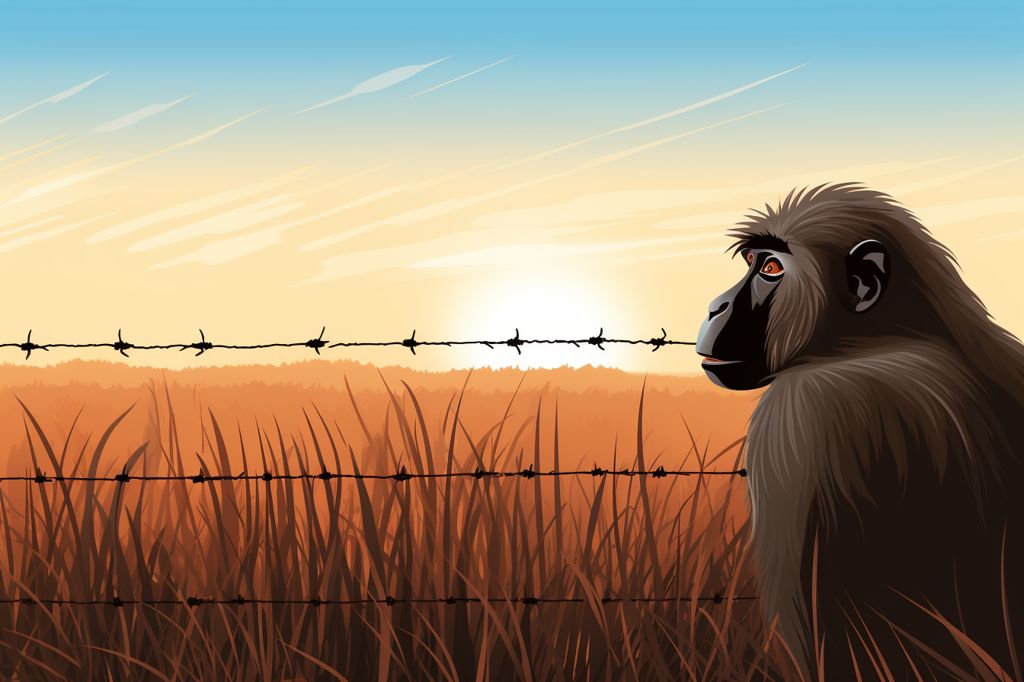The Cape Peninsula’s Chacma baboon population faces challenges as they coexist with urban spaces, leading to conflicts with humans. However, the Baboon Strategic Management Plan (BSMP) is underway to ensure a sustainable future for both baboons and humans in the region.
The Baboon Strategic Management Plan
The BSMP is being developed by the Cape Peninsula Baboon Management Joint Task Team (JTT), which comprises SANParks, CapeNature, and the City of Cape Town. After receiving 800 comments from residents and stakeholders, the JTT is finalising the plan.
Community-driven Solutions
By September 2023, the public and stakeholders will engage in developing local-level solutions based on the finalised BSMP. The JTT will present an analysis of conflict issues and propose strategies for each area. Community meetings will begin in October 2023, with an intention to finalise engagements within two to three months.
Strategic Fencing
The JTT is investigating the feasibility of strategic fencing, which aims to keep baboons in their natural habitat and out of urban areas. Factors such as terrain, landownership, funding, and return on investment are being considered in their assessment.
Baboon Advisory Group
The JTT aims to establish the Baboon Advisory Group (BAG) in October 2023. Community organisations from baboon-affected areas will nominate a representative to advise the JTT on achieving the BSMP’s outcomes.
Animal-proof Refuse Bins
The JTT is addressing the issue of animal-proof refuse bins, as they minimise human-baboon conflict. The City is fitting locks to these bins in areas frequented by baboons.
The JTT, community involvement, and innovative strategies show promise for a sustainable future for the Chacma baboon population. A harmonious coexistence between humans and baboons could soon become a reality in the region.








